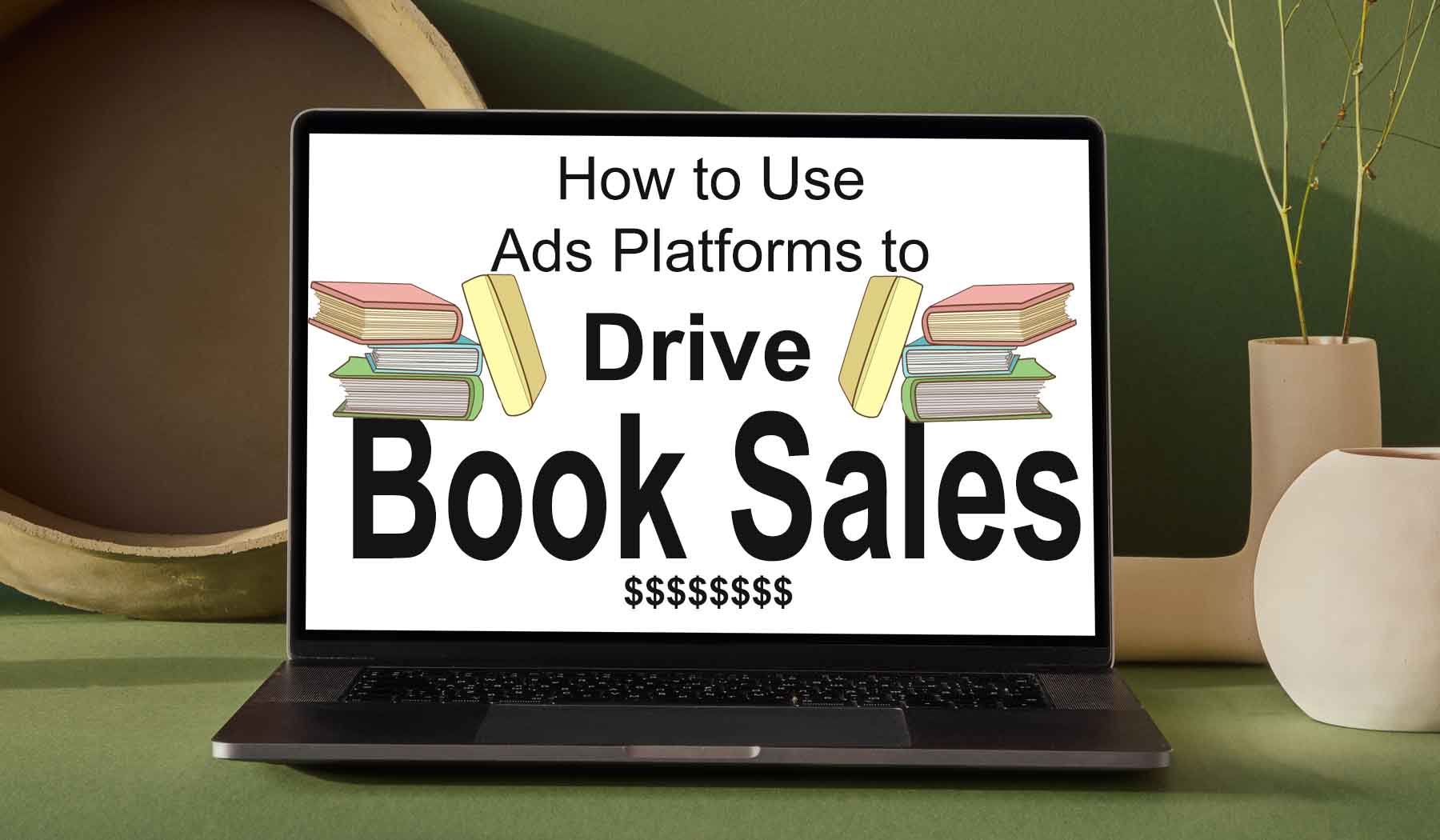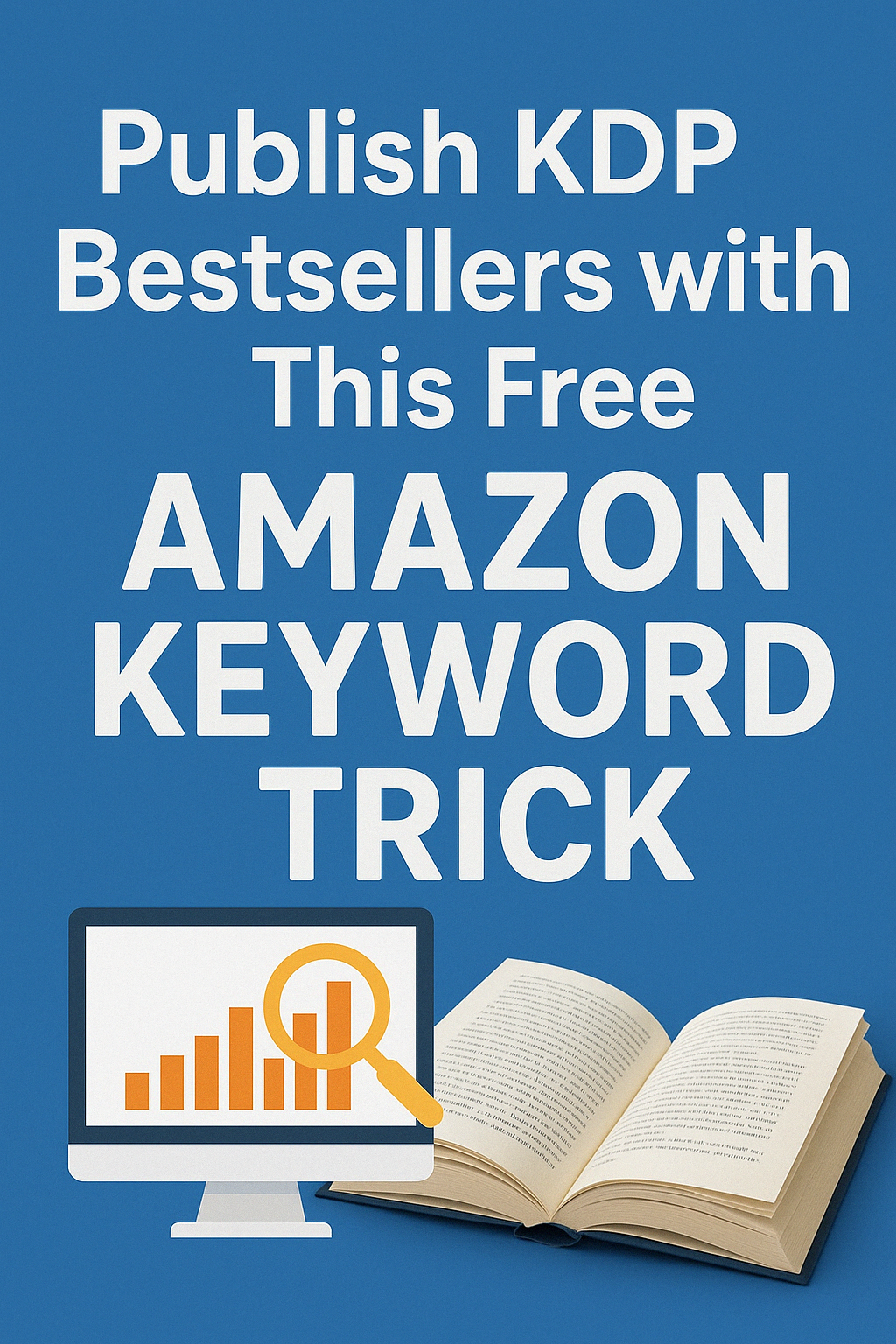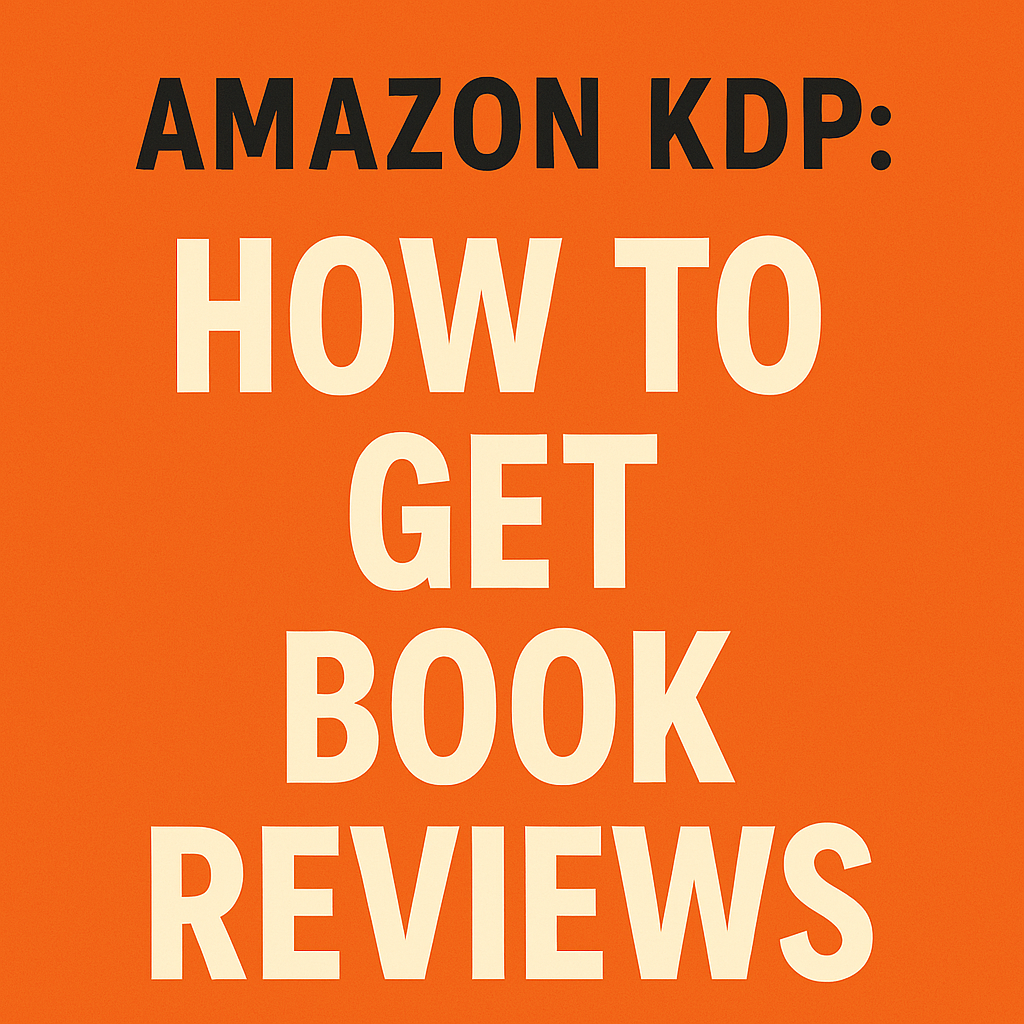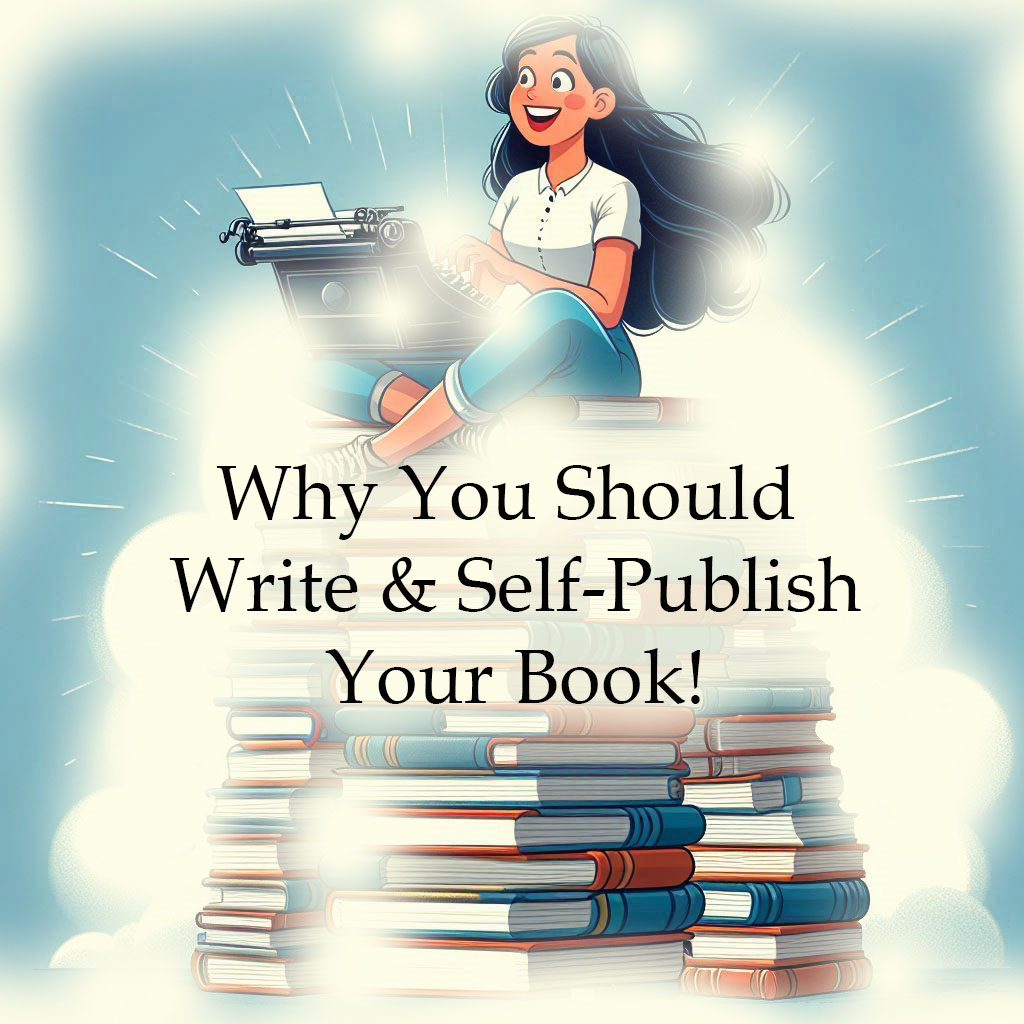In today’s digital age, leveraging advertising platforms is a crucial strategy for authors aiming to boost book sales.
With countless readers browsing the internet, understanding how to effectively utilize advertising tools can significantly enhance the visibility and sales of your literary works.
In this comprehensive guide, we will delve into the steps and strategies to maximize the potential of ad platforms for promoting your books.
1. Understanding the Landscape of Ads Platforms
Navigating the diverse array of ad platforms available is the first step in the journey to driving book sales.
Familiarize yourself with popular platforms, including:
- Google Ads
- Facebook Ads
- Amazon Advertising
- Goodreads Ads
- BookBub Ads
2. Defining Your Target Audience
Identifying and targeting the right audience is a fundamental aspect of successful advertising.
Define your ideal reader by considering:
- Demographics: Age, gender, location, language, etc.
- Interests and Behavior: Book genres, online activities, reading habits, etc.
- Purchasing Behavior: Frequency of buying books, preferred formats, etc.
3. Crafting Compelling Ad Copy and Creatives
The ad copy and visuals are your first point of contact with potential readers.
Make sure they are:
- Compelling and Catchy: Use enticing language and a strong call to action.
- Relevant: Align with the theme, genre, and message of your book.
- Visually Appealing: Incorporate eye-catching images or graphics related to your book.
4. Optimizing Ad Campaigns for Maximum ROI
To get the most out of your ad campaigns, consider the following strategies:
- Keyword Optimization: Use relevant keywords to target potential readers searching for books like yours.
- A/B Testing: Experiment with different ad variations to identify the most effective ones.
- Budget Management: Monitor and adjust your budget to optimize spending for better results.
- Conversion Tracking: Analyze conversions to understand the impact of your ad campaigns on book sales.
5. Leveraging Retargeting and Remarketing
Re-engage potential readers who have shown interest but haven’t made a purchase:
- Retargeting Ads: Display ads to users who visited your book’s page but didn’t buy.
- Email Remarketing: Send personalized emails to potential buyers who provided their email addresses.
6. Utilizing Influencer Marketing for Book Promotion
Leverage the reach and credibility of influencers within the literary community:
- Identify Relevant Influencers: Seek influencers who align with your book’s genre and themes.
- Collaborate for Reviews: Request honest reviews or features from influencers to boost credibility.
- Social Media Takeovers: Allow influencers to temporarily take over your social media platforms to reach a wider audience.
7. Measuring and Analyzing Performance
Regularly assess the performance of your ad campaigns to refine your strategies:
- Key Metrics to Track: Click-through rate (CTR), conversion rate, cost per acquisition (CPA), return on ad spend (ROAS), etc.
- Data-Driven Decisions: Use the gathered data to make informed adjustments and improvements.
8. Building an Email List for Enhanced Reach
One of the most effective ways to promote your books is through email marketing. Build an email list of interested readers:
- Create a Landing Page: Design an enticing landing page offering a free chapter or exclusive content in exchange for email addresses.
- Newsletter Campaigns: Regularly engage with your audience through newsletters, sharing book updates, promotions, and relevant content.
9. Utilizing Social Media Advertising for Book Promotion
Social media platforms offer a vast user base and targeted advertising options. Leverage these platforms for book promotion:
- Platform Selection: Choose platforms where your target audience is most active, such as Facebook, Instagram, Twitter, or Pinterest.
- Engagement Strategies: Use engaging content, interactive posts, and targeted ads to reach potential readers.
- Community Building: Engage with readers, book clubs, and writing communities to build a loyal fan base.
10. Exploring Book-Specific Advertising Platforms
Certain platforms are tailored for book promotions, providing a dedicated audience of book enthusiasts:
- Amazon Advertising: Utilize Amazon’s extensive user base and tailor your ads to reach readers interested in your genre.
- Goodreads Ads: Promote your book to a community of avid readers by targeting specific genres and reader preferences.
11. Understanding Ad Policies and Guidelines
Familiarize yourself with the policies and guidelines of the ad platforms you choose. Adhere to these guidelines to ensure the success of your campaigns and avoid any penalties.
- Ad Content Guidelines: Comply with rules regarding ad content, including text, imagery, and landing page relevance.
- Bidding Strategies: Understand the bidding process and implement effective bidding strategies to optimize your ad placements.
12. Engaging with Book Bloggers and Reviewers
Collaborate with book bloggers and reviewers to increase visibility and credibility for your book:
- Research and Outreach: Identify bloggers and reviewers relevant to your genre and send personalized review requests.
- Provide Review Copies: Offer free copies of your book in exchange for honest reviews, creating buzz and social proof.
13. Optimizing for Mobile Devices
Ensure that your ad campaigns and landing pages are optimized for mobile devices, as a significant portion of users access the internet via smartphones and tablets.
- Mobile-Friendly Design: Create ads and landing pages that display and function seamlessly on various mobile devices.
- Fast Loading Times: Optimize images and content to reduce loading times, improving the user experience.
14. Continuously Learning and Adapting
The digital landscape and advertising platforms are constantly evolving. Stay updated with the latest trends and adapt your strategies accordingly.
- Industry Updates: Follow industry blogs, attend webinars, and participate in relevant forums to stay informed.
- Experiment and Learn: Be willing to experiment with new ad formats, targeting options, and strategies to find what works best for your book.
By following these strategies and staying persistent and adaptive, authors can effectively utilize ad platforms to drive book sales and connect with their target audience.
The world of digital advertising offers immense opportunities for authors to showcase their literary creations to a global audience, making book marketing more accessible and dynamic than ever before.









